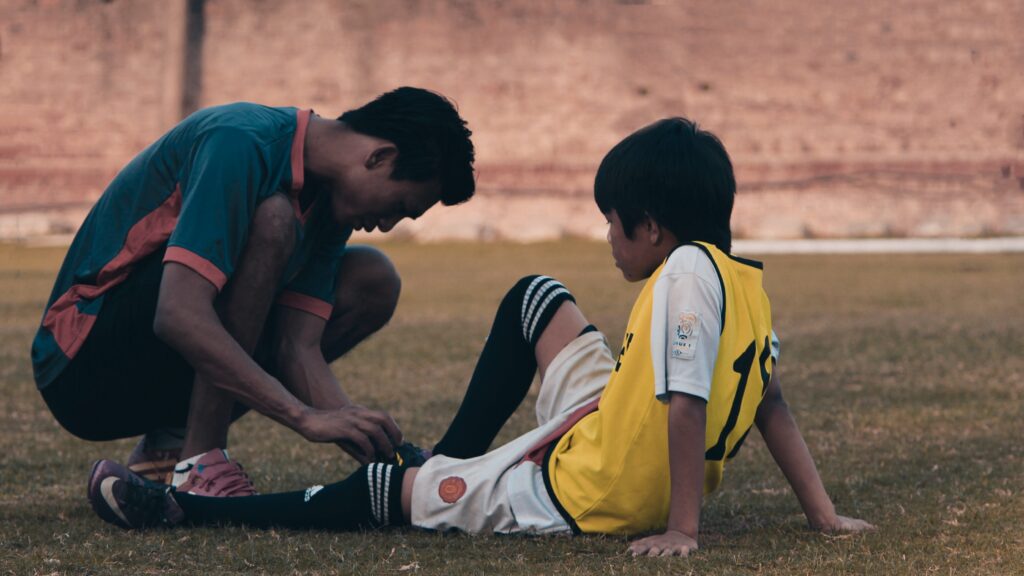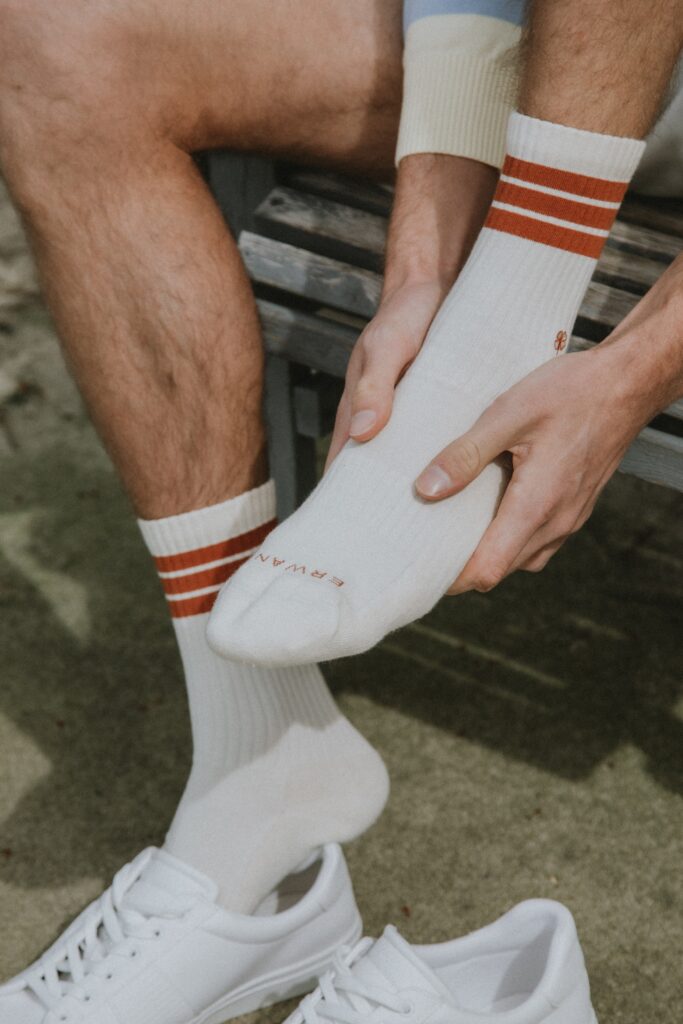If you are a professional or amateur athlete suffering from a sports injury, you may wonder if compounded medications could benefit you.
Compounded medications are medications that are specifically tailored to meet the needs of an individual patient. They can be used to treat a wide variety of conditions, including sports injuries such as sprains.
Compounded medications can be used to treat sports injuries in several ways. For example, they can be used to reduce inflammation, improve healing, and reduce pain. Generally, compounded medications can be customized to meet the specific needs of each athlete. This means that they can be tailored to match the athlete’s individual physiology and to provide the best possible healing results.
If you are suffering from a sports injury, you must speak with your doctor about the possibility of using compounded medications. Compounded medications may be able to help you get back to your regular routine as quickly as possible.
So, what are the most common sports injuries?
Sports injuries can happen to anyone, regardless of experience or skill level. While many people think of hockey, basketball, and baseball as dangerous sports, any sport has the potential to cause an injury. The most common sports injuries are:
1. Ankle injuries – These can be caused by rolling or spraining your ankle.
2. Knee injuries – Knee injuries can be very serious and often require surgery. They can be caused by many things, such as a torn ligament or meniscus.

3. Shoulder injuries – Shoulder injuries are very common in sports and can be caused by a number of things, such as a torn rotator cuff.
4. Wrist and hand injuries – Wrist and hand injuries are often caused by falls or by being hit by a ball or another object.
If you experience any of these injuries, it is important to seek medical attention immediately. Depending on the injury, you may need surgery or rehabilitation.
Soft tissue injuries in sports
Sports are a big part of everyday life in Calgary, Canada. Whether you’re playing in a pick-up game or watching from the stands, injuries are always a possibility. One type of injury that can be particularly troublesome is soft tissue injury.
Soft tissue injuries are injuries to the muscles, ligaments, and tendons. They can range from a mild sprain to a complete tear and take a long time to heal.
The best way to avoid a soft tissue injury is to stay in shape and warm up properly before playing. If you do get injured, however, there are some things you can do to help speed up the healing process.
First, make sure you rest the injured area. This may mean taking a break from your favourite sport for a while.
Second, ice the area for fifteen to twenty minutes several times a day. This will help to reduce swelling and pain.
Third, take over-the-counter pain relief medication as needed.
Fourth, apply compression to the injured area. This can be done with an elastic bandage or wrap.
Finally, elevate the injured area above the level of your heart whenever possible. This will help to reduce swelling.
If you follow these tips, you should be able to recover from a soft tissue injury and get back to your favourite sport as soon as possible.
What if I didn’t recover using the above techniques, including over-the-counter medications?
In that case, your doctor may prescribe a stronger medication that involves compounding several medicinal and non-medicinal ingredients to perform several actions. A compounding pharmacy can prepare a very capable compounded medicine that includes anti-inflammatory, muscle relaxants, and a local anesthetic.
Anti-inflammatory agents (Diclofenac, for example) work by reducing inflammation. Inflammation is the body’s response to infection, irritation, or injury. It is marked by pain, redness, swelling, and warmth. Anti-inflammatory agents work by inhibiting the production of prostaglandins, substances that cause inflammation.
The muscle relaxant drug is a medication that is used to help relieve muscle spasms and tension. It works by blocking the nerve impulses that cause the muscles to contract. This can help to relieve pain, tension, and stiffness in the muscles.
Local anesthetics are medications that are used to block the transmission of pain signals from a specific area of the body. They work by blocking the activation of nerve cells in the area that is being treated. This prevents the sensation of pain from being sent to the brain.
Your local compounding pharmacy can prepare that compounded mix of the anti-inflammatory, muscle relaxant and local anesthetic in different strengths of each ingredient based on your doctor’s prescription.
Independent and big chain pharmacies can also order the Diclofenac compound (added to the other ingredients) from Chaparral Pharmacy for their patients.




